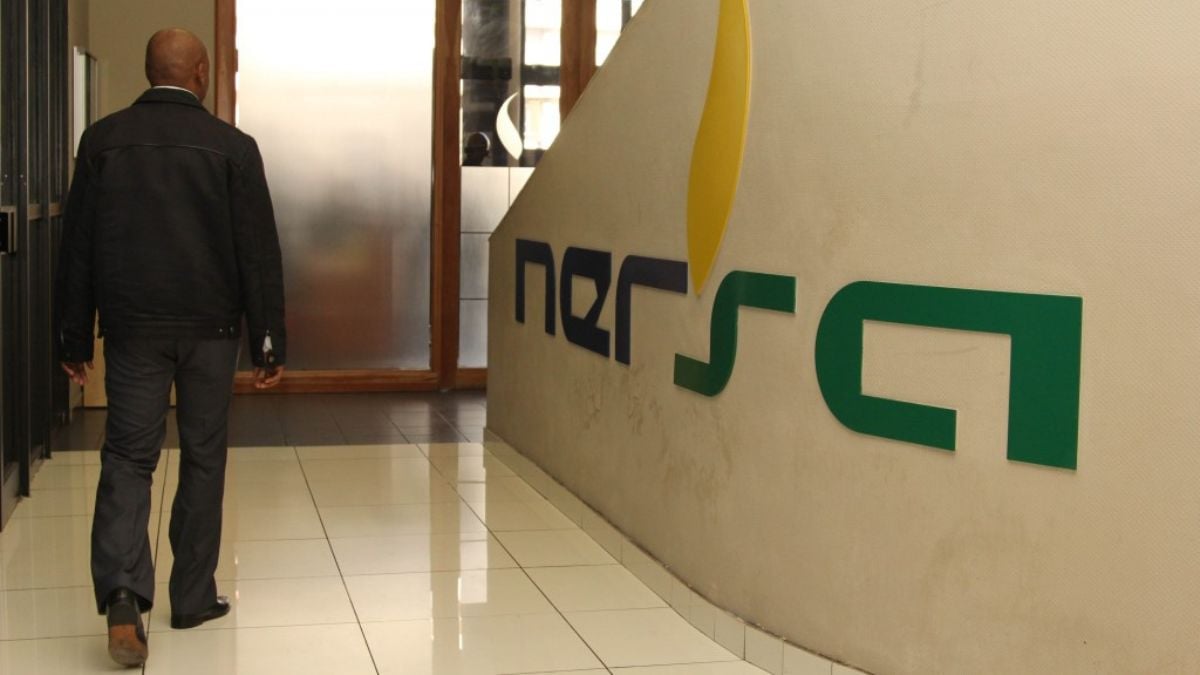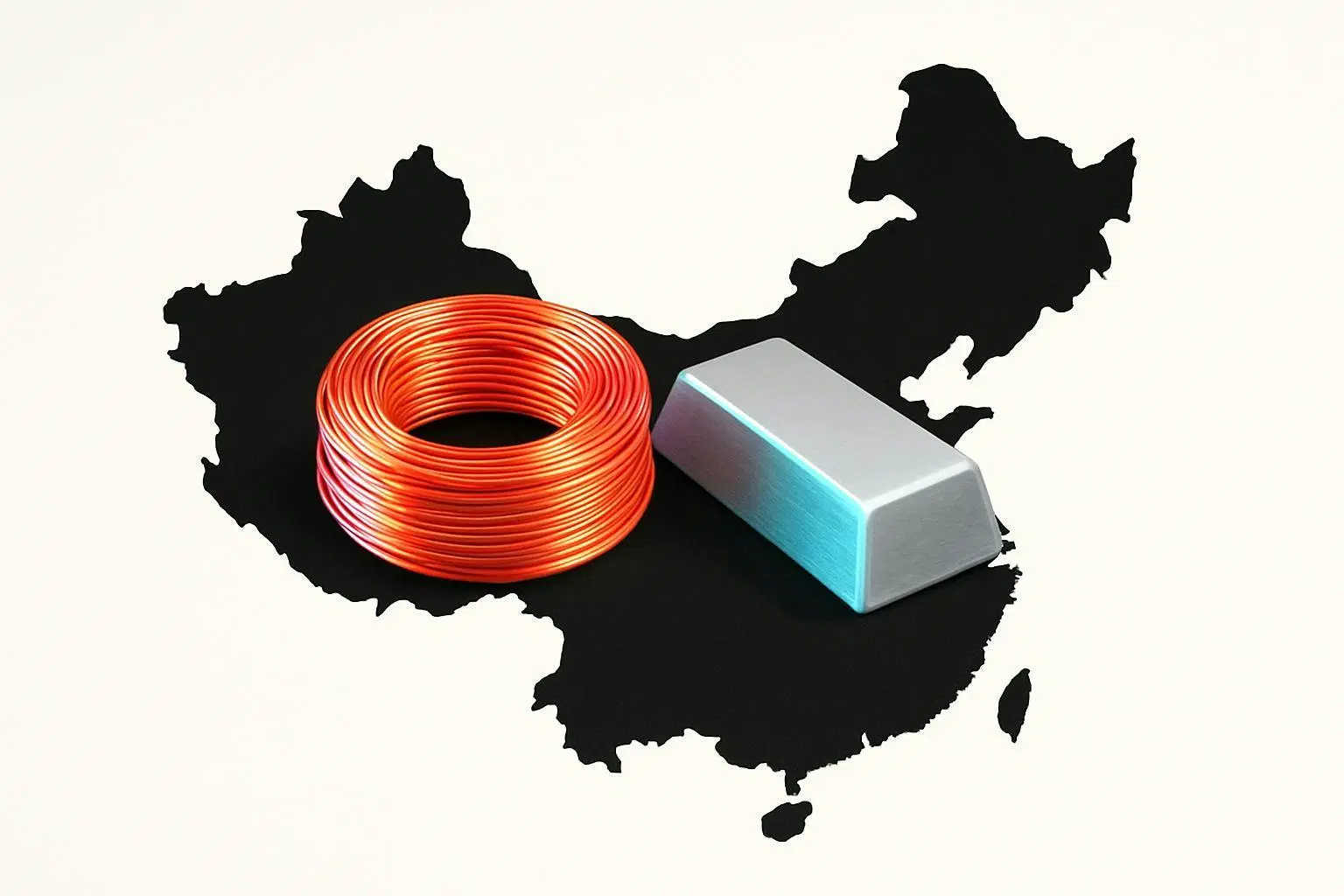Metal Markets

Big secret about electricity costs to be revealed, and China targets collapsing industry in South Africa

The South African rand weakened this week, along with other emerging market currencies, as the dollar strengthened amid uncertainty regarding further US rate cuts.
This shift followed the Federal Reserve’s more conservative stance on interest rates. The rand was trading at 17.36 against the dollar, down 0.4% from Thursday’s close.
On Wednesday, the US central bank reduced interest rates by a quarter of a percentage point for the second time this year, lowering the benchmark overnight rate to a target range of 3.75% to 4%.
The dollar was last observed 0.3% stronger against a basket of currencies, as markets began pricing in the likelihood of a 25 basis point cut from the Fed in December.
Data from South Africa’s revenue service indicated that the country recorded a trade surplus of R21.76 billion ($1.26 billion) in September, surpassing the R12.50 billion surplus that analysts polled by Reuters had expected.
Domestically-focused traders will be looking to next week’s monthly South African Purchasing Managers’ Index (PMI) survey, which will provide insight into sentiment in the country’s manufacturing sector, alongside car sales figures and foreign reserves data for October.
On the Johannesburg Stock Exchange, the Top 40 index was down 0.4% at the last check. Additionally, South Africa’s benchmark 2035 government bond weakened, with its yield rising by 3 basis points to 8.89%.
On Monday, 3 November, the rand was trading at R17.31 to the dollar, R22.75 to the pound and R19.96 to the euro. Oil was trading slightly lower at $64.94 a barrel.
5 important things happening in South Africa today
Nersa ordered to reveal municipal electricity costs: The High Court in Pretoria rejected Nersa’s claim that cost-of-supply studies used for municipal tariff applications are confidential. It ordered Nersa to publish these studies with each annual tariff application, allowing consumers to see the actual costs municipalities incur to supply electricity, including specific expenses. [Moneyweb]
China R2.5 billion play for steel sector: A new steel mill, Chung Fung Metal, near Nigel, South Africa, is set to begin operations soon, producing 600,000 tonnes of long steel annually. Backed by Chinese investors, the R2.5 billion project has raised concerns amid a struggling steel industry and recent mill shutdowns. [News24]
Online school warning: Umalusi, the education standards regulator in South Africa, has raised concerns about online schools following reports of scams that have cost pupils years. Recently, Afrikaans publication Rapport reported on an online school that failed to register learners for the matric exam for years, with the school’s operator allegedly lying to families.
More trade potential for South Africa: Favourable trade talks in Southeast Asia may soon open new export markets for South African beef, with industry and government leaders advocating for stronger agri-trade ties during a recent state visit to Vietnam and Malaysia. [Business Day]
New car licence rules: South Africa’s new vehicle registration and licensing requirements will come into effect in 2026. The changes, part of the National Road Traffic Act, will impose a greater administrative burden on motorists and require certified identification documentation for licensing transactions. The City of Cape Town has sought clarification on certain aspects of the new system.












